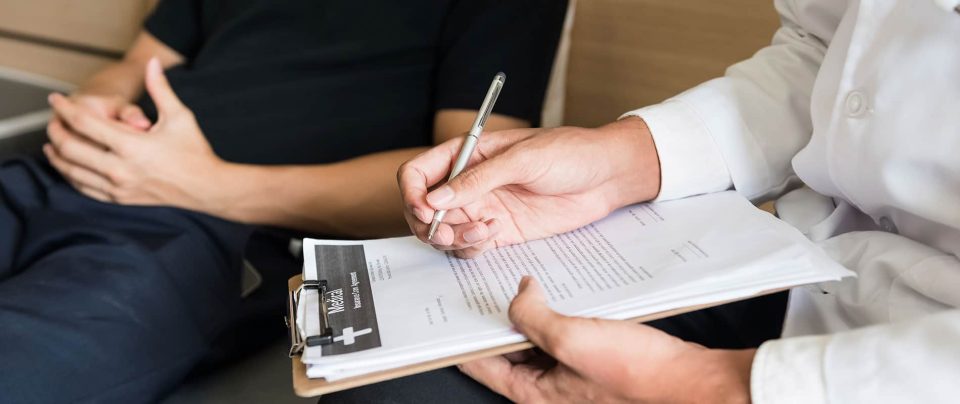Families tilt recovery outcomes harder than most realize. Support from relatives can rocket progress forward or create roadblocks, trashing treatment completely. The split comes down to what help actually means versus what feels helpful but explodes in everyone’s faces. Plenty of families mean well yet accidentally enable continued use or wreck clinical work. Learning real support tactics flips families from potential disasters into massive recovery engines. Outpatient substance abuse treatment Orange County operations increasingly hammer family education and participation because data proves better results when relatives grasp their parts and execute properly throughout recovery.
Set healthy boundaries
Enabling and supporting aren’t the same thing. Families mix them up constantly. Enabling removes consequences, letting continued substance use roll without accountability. Calling someone in sick when they’re hungover. Covering bills they should pay. Inventing excuses for blown obligations. These “assists” actually damage by blocking natural consequences that might spark change. Healthy boundaries look completely different:
- Refusing to lie about substance-related disasters
- Withholding money that might buy drugs or alcohol
- Declining to rescue someone from repeated self-made messes
- Keeping consequences for broken promises and ditched responsibilities
- Splitting love for the person from tolerance of destructive actions
Boundaries feel brutal at first. Families stress about appearing cruel or cold. Truth is, boundaries show respect for everyone involved. They signal that all well-being counts, not just the person in treatment. Boundaries also shove individuals into facing their choices’ real fallout, a required piece of lasting behaviour shifts.
Participate in family sessions
Most programs include family therapy pieces for solid reasons. Addiction shreds relationships through smashed trust, communication collapse, and stacked resentments. These wounds need direct fixing, or they torpedo recovery even when substance use halts. Family meetings provide a protected space to tackle painful topics under professional watch. Therapists referee tough conversations that might explode into screaming without mediation. Relatives learn to voice feelings without attacking. People in recovery hear how their actions hammered loved ones. Everyone practices healthier interaction patterns, replacing toxic loops that grew around substance use. These sessions rebuild relationship bedrock, supporting long-haul recovery instead of letting rotting resentments eventually trigger relapses.
Create supportive home environments
Physical spaces bend recovery success considerably. Homes holding alcohol, drugs, or equipment create nonstop temptation, wrecking treatment. Families can strip these triggers completely, flipping home into a recovery safe zone instead of a danger zone. Environmental backup stretches past removing substances:
- Building predictable routines gives structure
- Loading kitchens with healthy food helps physical healing
- Carving out quiet zones for reflection and stress handling
- Evicting people actively using substances from the home
- Planning sober fun, replacing substance-centred entertainment
Tiny environmental tweaks pile into a major impact. Walking into a kitchen packed with nutritious meals instead of bare shelves makes recovery easier. Having protected quiet time for therapy work versus constant madness helps people apply treatment lessons. Thoughtful space design proves commitment to recovery while making daily sobriety more doable practically. These moves demand work and sometimes feel backwards, but they transform families from obstacles into powerful recovery partners. Real support means understanding addiction’s medical reality, refusing to enable destructive loops, engaging directly in treatment work, modifying home spaces thoughtfully, and providing judgment-free room for honest talk about the recovery road.

